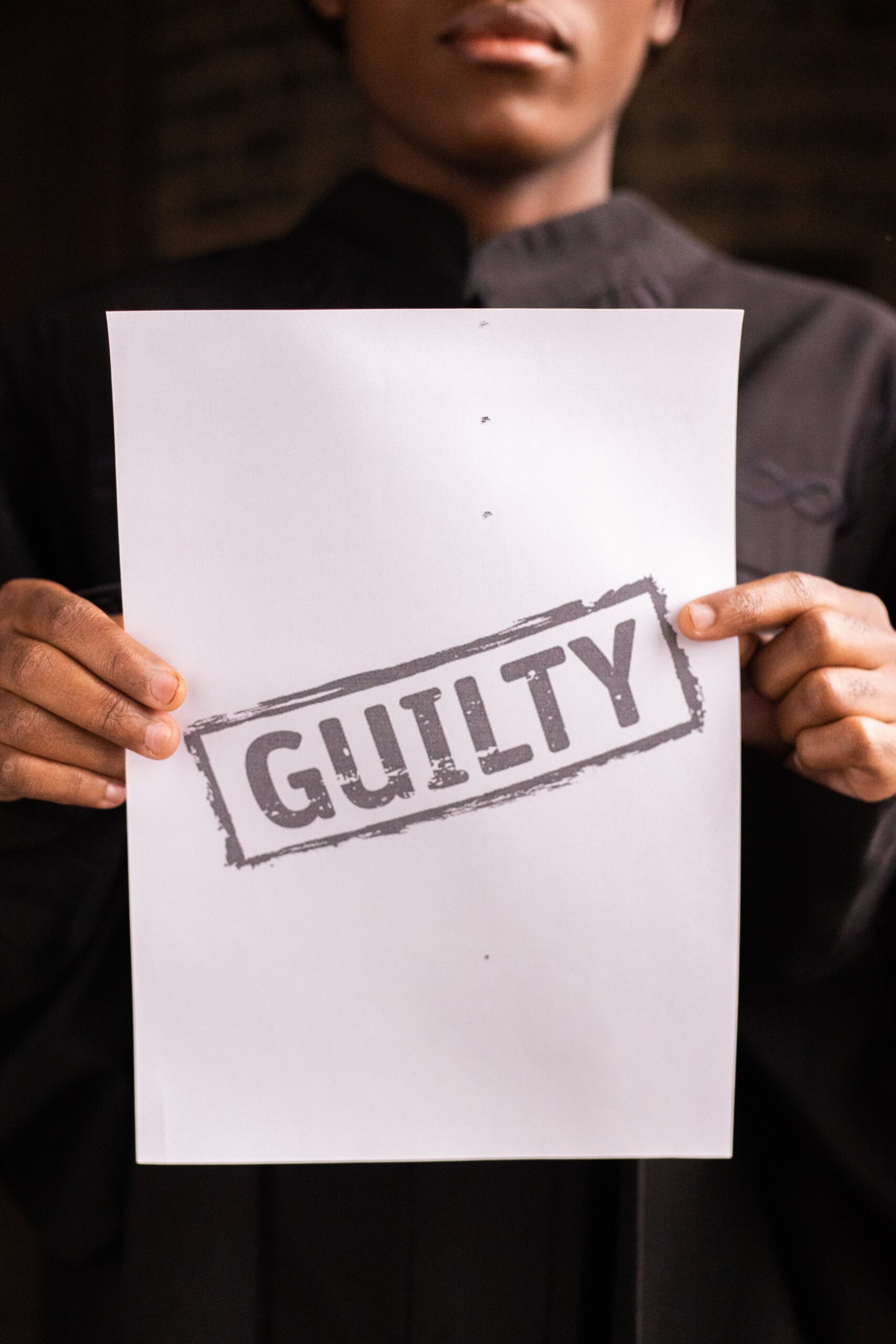Jury duty in the Maitland and Newcastle areas of New South Wales (NSW), Australia, is a civic duty where eligible citizens are randomly selected to serve as jurors in the legal system. Jurors play a crucial role in ensuring a fair and impartial trial by determining the facts of a case and delivering a verdict.
Here’s an overview of how jury duty works in NSW:
-
Eligibility:
- To be eligible for jury duty, you must be an Australian citizen and be at least 18 years old.
- You should be enrolled to vote, as the jury pool is often selected from the electoral roll.
-
Selection Process:
- Jurors are randomly selected from the electoral roll, and they receive a summons in the mail.
- The selection process aims to ensure a diverse and representative cross-section of the community.
-
Notification and Summons:
- If selected, you’ll receive a summons in the mail, which will include details about when and where you need to report for jury duty.
- The summons will also provide information on how to request a deferral or be excused if you have a valid reason.
-
Attendance:
- On the specified date, you must attend the court as directed in the summons.
- Failure to attend without a valid reason may result in fines or other penalties.
-
Duration:
- Jury duty typically lasts for the duration of a trial, which can range from a few days to several weeks, depending on the case’s complexity.
-
Payment:
- Jurors are entitled to receive a fee for their service, which is set by the government. This fee is intended to cover expenses related to attending court, such as travel and meals.
-
Employment Protection:
- Legislation in NSW protects employees from any adverse action by their employers for attending jury duty. Employers are generally required to allow employees time off for jury service.
-
Exemptions and Deferrals:
- Some individuals may be eligible for exemptions or deferrals based on specific circumstances, such as health issues, family responsibilities, or other compelling reasons. Procedures for requesting exemptions or deferrals vary.
-
Secrecy and Confidentiality:
- Jurors are expected to keep the details of the case confidential and not discuss it with anyone outside the jury during the trial.
It’s important to note that the specifics of jury duty can vary, and it’s recommended to carefully read the information provided in the summons and follow the instructions provided by the court. If you have any concerns or questions, contact Nichole Orr from Orr Legal.










Leave A Comment
You must be logged in to post a comment.